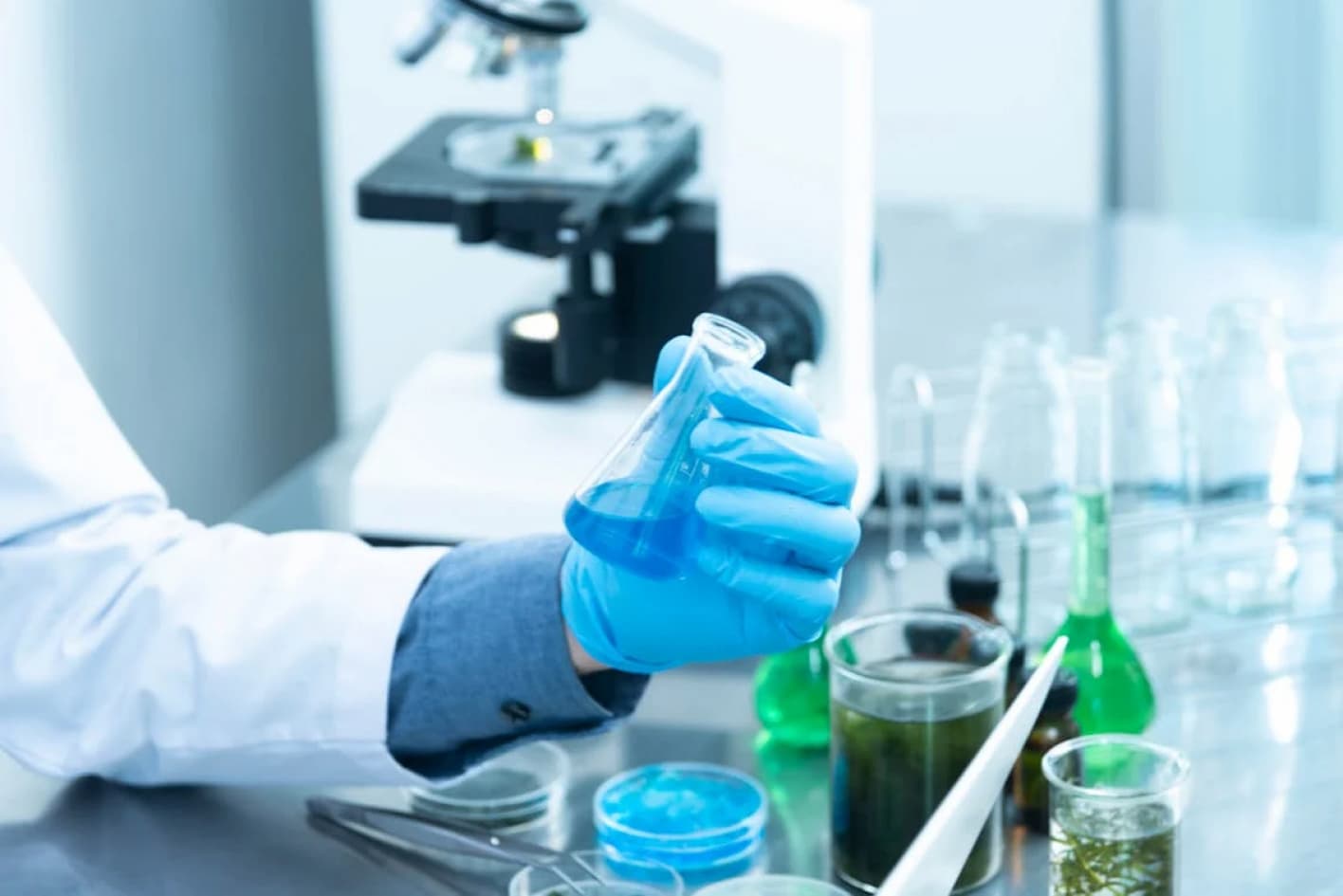Quality systems
The greatest challenge in the field of quality that laboratories face is the independent demonstration of their technical competence in the analytical activities they perform.
Ensure the reliability and traceability
of analytical results by conducting rigorous quality control at every stage of the process and by complying with applicable regulations and quality standards.
Our innovative working model allows us to develop tailored solutions for each case, aiming to meet the client’s needs in the shortest possible time. We achieve this by incorporating new tools and providing training for the team.
01.
Regulatory Compliance and Accreditation / Certification
Laboratories must comply with legal requirements and obtain accreditation and/or certification according to applicable standards, such as ISO 17025, ISO 15189, ISO 17034, ISO 17020, ISO 17043, ISO 9001, ISO 14001, etc.
This involves implementing quality management systems that include conducting periodic internal and external quality assessments to ensure compliance with the standards.
02.
Equipment calibration and maintenance
It is critical for laboratories to ensure that their equipment is properly calibrated and maintained to guarantee the quality of the results obtained.
Complying with maintenance and calibration programs is essential to achieving the required measurement accuracy and/or measurement uncertainty needed to provide valid results.
03.
Sampling plan and sample collection
The laboratory must have a sampling plan and method to ensure the validity of the subsequent test results. They must ensure that samples are representative, properly preserved, and suitable for the type of analysis required.
04.
Validation of analytical methods
Every analytical method used in the laboratory must be validated beforehand to determine its characteristics and verify its suitability for the intended use.
05.
Data management and traceability
Laboratories must implement robust data management systems that ensure the integrity, traceability, and confidentiality of the information generated during analyses. This includes proper data recording, documentation of procedures, and protection against data loss or alteration.
06.
Participation in Quality Assurance Programs
Laboratories must participate in external quality assurance programs, such as proficiency testing and inter-laboratory comparisons, to evaluate performance, identify issues related to measurement methods, staff training and supervision, or equipment calibration. This allows for early identification of potential problems and the implementation of corrective actions.

How we work
01
INITIAL EVALUATION
02
STRATEGY AND PLANNING
03
IMPLEMENTATION
04
MONITORING AND FOLLOW-UP
05
CHANGE MANAGEMENT
06
TRANSFER AND CLOSURE
SUCCESS STORIES
Our experience
The greatest challenges for a laboratory in its business development and strategic growth lie in its ability to diversify services, adapt to technological and legislative advances, make its production process more efficient, expand geographically, differentiate itself in the market and effectively manage human talent.
VC LAB CONSULTING
How can we help you?
Independent consulting with high added value for testing laboratories.
